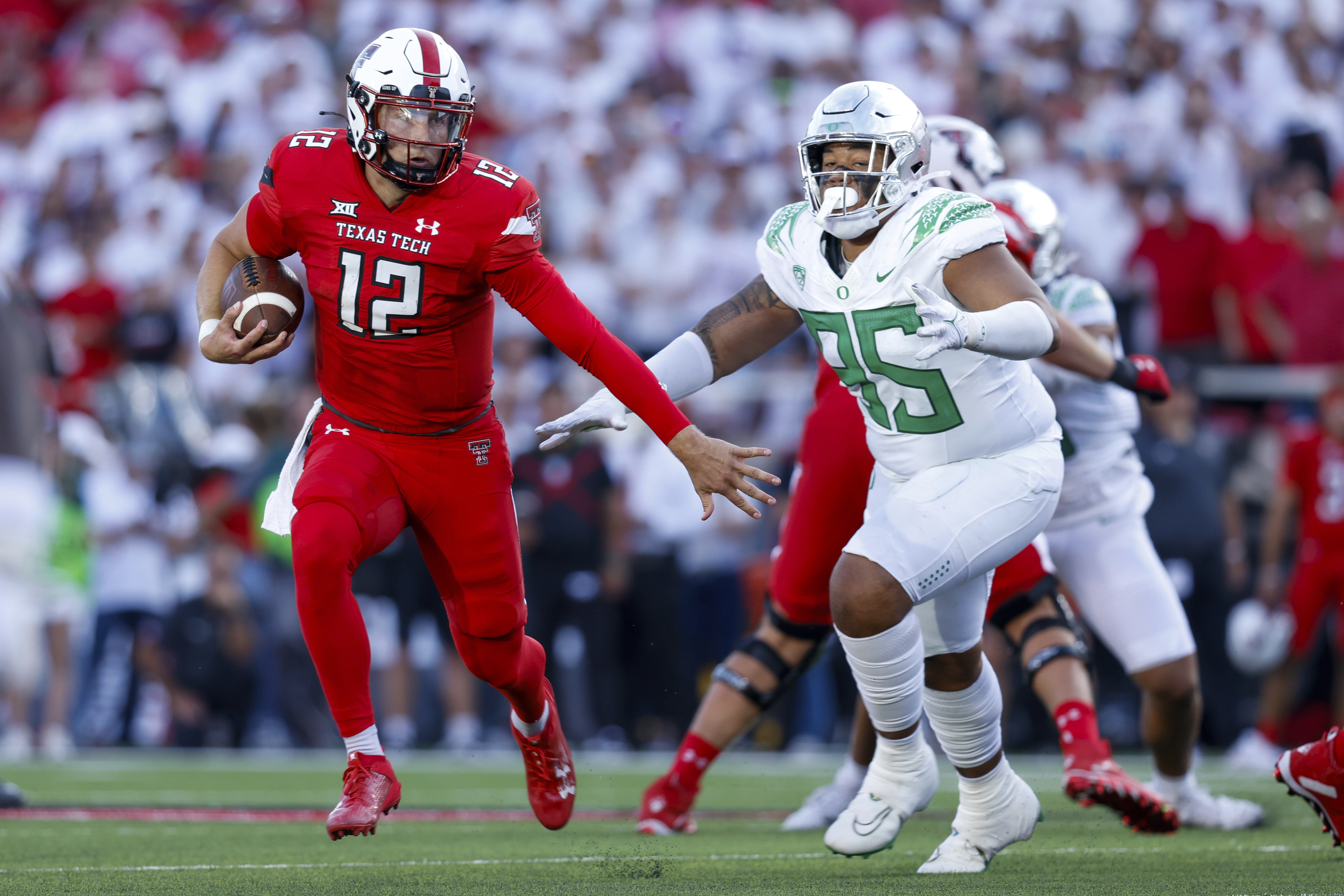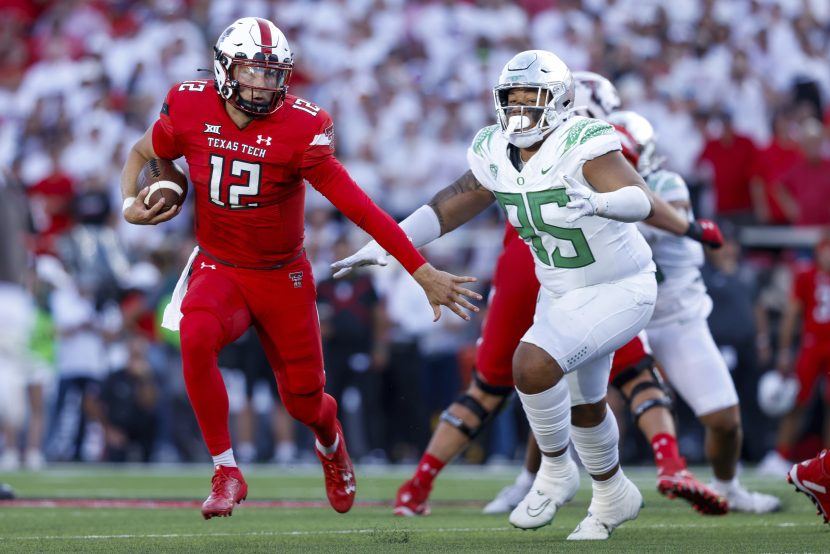The shift in power from the NCAA to the conferences will lead to stricter enforcement of rules, ensuring that programs like Michigan, which have been involved in recent scandals, face the consequences of their actions. Ohio State fans can look forward to a more level playing field and a fairer product on the field as […]


The shift in power from the NCAA to the conferences will lead to stricter enforcement of rules, ensuring that programs like Michigan, which have been involved in recent scandals, face the consequences of their actions. Ohio State fans can look forward to a more level playing field and a fairer product on the field as college football continues to evolve.The proposed changes would benefit Ohio State, allowing the program to operate within a framework that promotes fairness and transparency. With a large compliance department and a commitment to doing things the right way, Ohio State stands to thrive under these new regulations.As Dellenger highlights, “The settlement’s goal is to shift the payments to athletes from unwieldy outside entities — such as boosters — to the schools themselves,” creating a more transparent system that benefits both athletes and institutions. If the settlement is approved, Ohio State fans can rest assured that their program will continue to operate with integrity and success.One of the key aspects of the proposed shift is the creation of a new enforcement arm to police violations related to a salary cap for athlete compensation. This would replace the often slow and controversial process of NCAA investigations, streamlining the way infractions are handled. The new entity will feature a cap management system, an NIL (Name, Image, Likeness) clearinghouse, and an investigative and infractions unit to ensure that programs stay within the rules.This change could also address the recent sign-stealing scandal involving Michigan. With this new system in place, programs like Michigan have engaged in breaking scouting and recruiting rules that don't deal with the financial aspects of college football.In contrast, Ohio State has built its success on a foundation of development, culture, and doing things within the rules. The proposed changes would ensure that NIL spending is regulated, preventing schools from overspending on recruits and creating a more balanced playing field.The shift in power from the NCAA to the conferences will lead to stricter enforcement of rules, ensuring that programs like Michigan, which have been involved in recent scandals, face the consequences of their actions. Ohio State fans can look forward to a more level playing field and a fairer product on the field as college football continues to evolve.Ohio State, which prides itself on building a program on development, character, and integrity, would benefit from this increased enforcement, as it would help maintain the integrity of the sport.One of the key aspects of the proposed shift is the creation of a new enforcement arm to police violations related to a salary cap for athlete compensation. This would replace the often slow and controversial process of NCAA investigations, streamlining the way infractions are handled. The new entity will feature a cap management system, an NIL (Name, Image, Likeness) clearinghouse, and an investigative and infractions unit to ensure that programs stay within the rules.As Dellenger highlights, "The settlement’s goal is to shift the payments to athletes from unwieldy outside entities — such as boosters — to the schools themselves," creating a more transparent system that benefits both athletes and institutions. If the settlement is approved, Ohio State fans can rest assured that their program will continue to operate with integrity and success.The landscape of college football is changing once again. Power conferences are taking significant steps toward controlling athlete compensation policies rather than leaving them in the hands of the NCAA. Ever since the 2010 Tattoogate, Ohio State has been known for maintaining a strong compliance department and adhering to NCAA rules. The school has prioritized self-reporting any violations, which has resulted in less strict penalties. For Ohio State fans, this is a positive development, as it means the playing field in college football will become more level. Teams that play within the rules, like Ohio State, will no longer be at a disadvantage compared to programs that have been willing to push the boundaries. While Ohio State does spend a significant amount of money on NIL, the program does not have a public identity of engaging in exorbitant spending and possible tampering like some other schools, such as Miami, Oregon, and Michigan. These programs have become known for relying heavily on NIL deals to attract talent, sometimes at the expense of building a strong culture and player development.
In conclusion, the proposed changes to how athlete compensation is regulated in college football would be a boon for Ohio State. With its strong compliance history and commitment to doing things the right way, Ohio State is well-positioned to thrive under the new regulations.


















 @Boston Celtics #NBA #Basketball #Celtics #JaysonTatu…
@Boston Celtics #NBA #Basketball #Celtics #JaysonTatu…


 #NBA #basketball #NBAXmas #Jalen…
#NBA #basketball #NBAXmas #Jalen…




 #McLaren #F1 #Gingerbread #CapCu…
#McLaren #F1 #Gingerbread #CapCu…
















 #rugby #haka
#rugby #haka
 CMA Members get access to my “AXEL TECHNIQ…
CMA Members get access to my “AXEL TECHNIQ…










